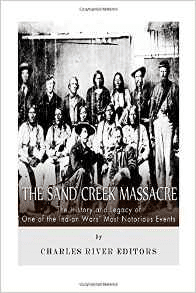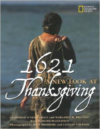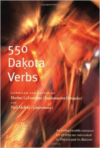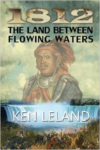Description
*Includes pictures *Includes accounts of the massacre by survivors and soldiers *Summarizes the official investigations and their findings *Includes a bibliography for further reading *Includes a table of contents Sand Creek is a relatively small stream of water tributary to the Arkansas River in a dry, sparsely-populated cattle ranchland area of southeastern Colorado near the Kansas border, but at this otherwise unremarkable location on the Great Plains, one of the worst massacres ever perpetrated against Native Americans in 250 years of ongoing conflict took place. On the morning of November 29, 1864, Colonel John Chivington led 700 militiamen in a surprise attack against Cheyenne leader Black Kettle’s camp at Sand Creek. Chivington was a fire and brimstone Methodist minister who had publicly advocated indiscriminately killing Native American children because “nits makes lice.” Warning his men ahead of battle, Chivington stated, “Damn any man who sympathizes with Indians! I have come to kill Indians and believe it is right and honorable to use any means under God’s heaven to kill Indians!” According to Cheyenne oral tradition and several surviving soldiers’ accounts, as soon as Black Kettle saw Chivington’s men coming, he raised an American flag on a pole and waved it back and forth calling out that his Wutapai band was not resisting. Ignoring his cries for mercy, the soldiers commenced firing, cutting down an estimated 70-200 Cheyenne, about two-thirds of whom were women and children. The Cheyenne claimed that soldiers shot babies in the head at point-blank range, raped Cheyenne women, and scalped dead warriors. The following morning, Army Lieutenant James Connor, who had refused to follow Chivington’s orders, visited the scene of the massacre and reported, “In going over the battleground the next day I did not see a body of man, woman, or child but was scalped, and in many instances their bodies were mutilated in the most horrible manner – men, women, and children’s privates cut out . . . I heard one man say he cut out a woman’s private parts and had them for exhibition on a stick . . . I also heard of numerous instances in which men had cut out the private parts of females and stretched them over saddle-bows and wore them over their hats while riding in the ranks.” Black Kettle managed to escape the slaughter, only to be killed during George Custer’s unprovoked attack at Washita River in 1868, but Cheyenne leader White Antelope was killed and his body was mutilated. According to historian Stan Hoig in The Sand Creek Massacre, “The body of White Antelope, lying solitarily in the creek bed, was a prime target. Besides scalping him the soldiers cut off his nose, ears, and testicles – the last for a tobacco pouch.” The results of the massacre were precisely what Colonel Chivington hoped to achieve. The Cheyenne, who were at this time allied with the Lakota and Arapaho, vowed to avenge the needless deaths of Black Kettle and his people. Early in 1865, a coalition of 1000 Cheyenne, Lakota Sioux, and Arapaho attacked several white ranches and a military post along the South Platte River Trail near Denver, capturing wagon-trains, confiscating livestock, and killing several hundred white settlers in the process. Staying one step ahead of the U.S. Army, they continued to raid the North Platte Trail that summer, completely wiping out an Army wagon-train and taking its horses and supplies. In response, the federal government dispatched General P. E. Connor and a force of 3,000 men with orders to ignore any overtures of peace or compliance from the marauders, and to “kill every male Indian over the age of 12.” The Sand Creek Massacre analyzes one of the most controversial events of the 19th century. Along with pictures of important people, places, and events, you will learn about the Sand Creek Massacre like never before, in no time at all.






Reviews
There are no reviews yet.